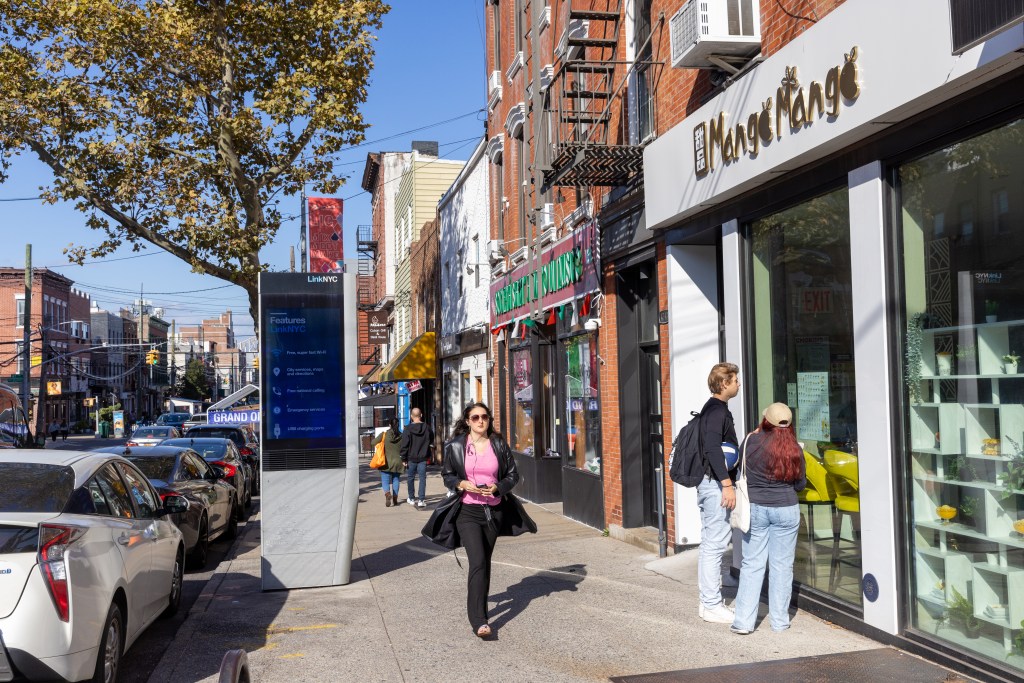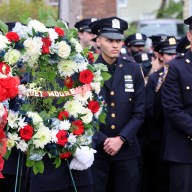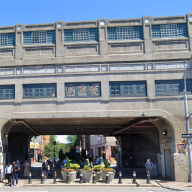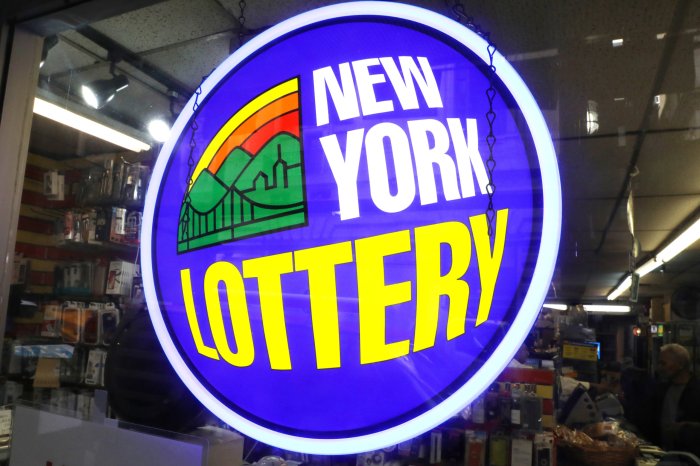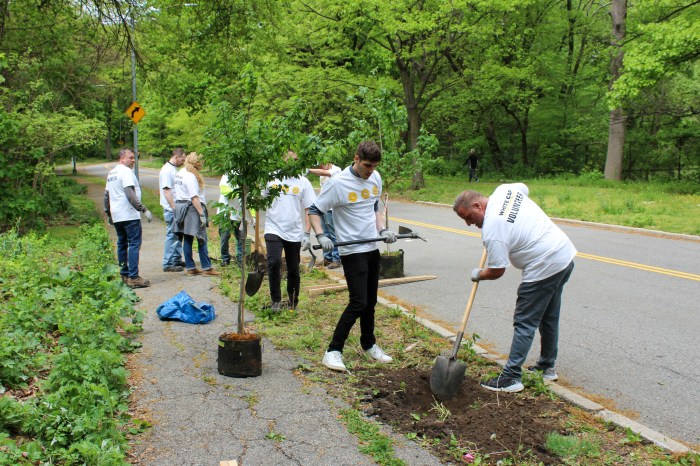By Rich Bockmann
Even before the recent foreclosure crisis hit southeast Queens, predatory lenders took advantage of minority communities, according to fair-housing experts, who warned that many of those dangers still exist in the services now being offered to help distressed homeowners.
In recognition of National Fair Housing Month, Neighborhood Housing Services of Jamaica, along with City Councilman Leroy Comrie (D-St. Albans), gathered a group of housing experts at the Robert Ross Johnson Family Life Center on Linden Boulevard last week to discuss housing rights and options for struggling homeowners.
Deyanira Del Rio said that for more than a decade, her group, the Neighborhood Economic Development Advocacy Project, has been mapping lending, foreclosure and banking patterns in Queens, and those maps reveal that a correlation of high-cost loans, foreclosures and an absence of bank branches are nothing new in southeast Queens.
“We’ve been mapping patterns for about 12 years,” she said. “Unfortunately, many of the patterns remain the same.”
When the national foreclosure crisis hit New York in 2008, southeast Queens led the city in the number of foreclosures
Jeffrey May, assistant director of the National Community Reinvestment Coalition, said elderly, female heads of black and Latino households were the most likely victims of predatory lending practices going back as early as 2000, which extracted the equity out of their homes and drained their communities of wealth.
One of the day’s moderators, Jason Jeffrey, said many homeowners today are still maintaining mortgages with interest rates as high as 9 percent or 10 percent.
“We need to get them from where they are to where they need to be,” he said. “Unfortunately, a lot of these people are trying to fit a square peg into a round hole, and when it doesn’t fit they walk away.”
May added that the Federal Housing Administration’s loan program is now the most prevalently used product to help homeowners either refinance or purchase with a low down payment. Borrowers with credit scores as low as 580 may qualify for these loans, but May warned that many FHA lenders and providers are not going that low.
“If we don’t do that, we’re not making sure everyone has access to credit,” he said, and advised those who think they are being discriminated against to file complaints with the U.S. Department of Housing and Urban Development.
To avoid scams such as predatory refinancing and questionable reverse mortgages, the panelists advised, borrowers should seek advice from reputable housing counseling organizations, such as NHSJ or the Center for New York City Neighborhoods.
Last week, state Attorney General Eric Schneiderman announced his office had awarded $1.5 million for foreclosure prevention services in New York City.
Del Rio said landlords and employers are increasingly using credit scores as a means of evaluation, and the negative effects of refinancing scams could paint borrowers in an inaccurate light.
“It’s really questionable whether this mirrors actual behavior, or the systemic problems we’ve been dealing with,” she said.
Reach reporter Rich Bockmann by e-mail at rbockmann@cnglocal.com or by phone at 718-260-4574.




